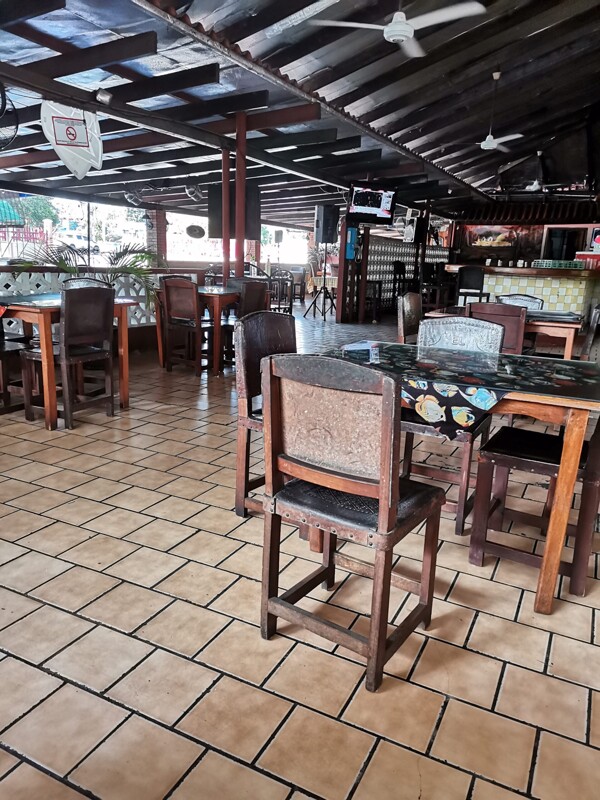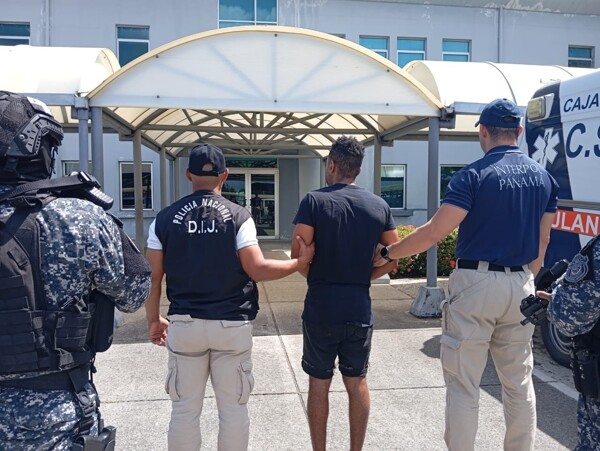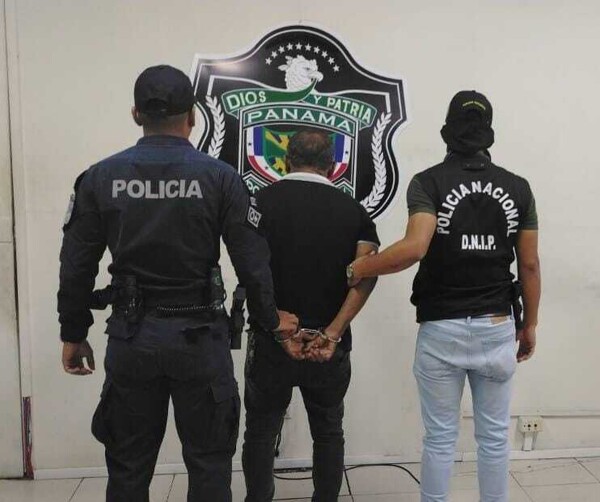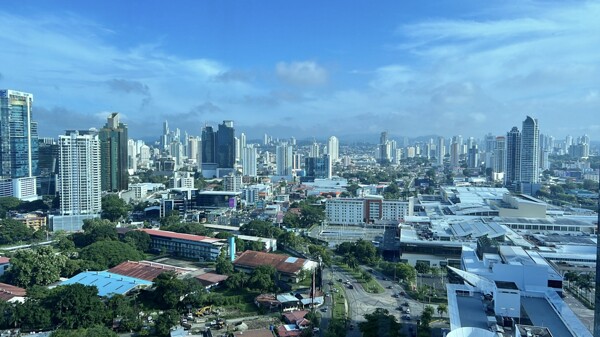
The ordinary trial of the Odebrecht case has begun in Panama, marking a milestone in one of the largest corruption scandals in the history of the country and Latin America. Former presidents Ricardo Martinelli and Juan Carlos Varela face accusations of money laundering related to bribes received from the Brazilian construction company Odebrecht.
Since Odebrecht admitted in 2016 to having distributed more than 788 million dollars in bribes in several countries, including Panama, the scandal has had significant repercussions in the nation. The construction company confessed to having paid 59 million dollars in bribes in Panama between 2010 and 2014, in exchange for public contracts.
Both Martinelli (president from 2009 to 2014) and Varela (president from 2014 to 2019) are accused of having received money through shell companies and accounts abroad. The trial, which was initially scheduled for November 2024, has been postponed until January 20 to gather additional evidence and request international assistance.
A total of 31 individuals, including former ministers and other officials, are implicated in this judicial process. The prosecution claims that Martinelli and Varela were aware of the illicit origin of the money received during their presidential terms. This trial not only has legal implications but also political ones, as Martinelli has denounced it as a "political circus" to prevent his participation in the 2024 elections, where he has been disqualified.
The delay in the trial has generated discontent among the Panamanian population, which seeks justice in a case that has exposed systemic corruption in the country. Experts warn that delays are common in such cases and suggest possible complications in the validity of the evidence presented. The judge in charge of the case will need to carefully evaluate the evidence presented to determine the guilt or innocence of the accused.
As for the requested international evidence, testimonies from whistleblowers from Odebrecht in Brazil were expected, but a court ruling in that country has complicated this possibility. In addition, reports have been requested from national and international institutions that could be key in the case. The lack of solid evidence could affect the progress of the trial, so the presentation of evidence will be crucial for the success of this judicial process.














